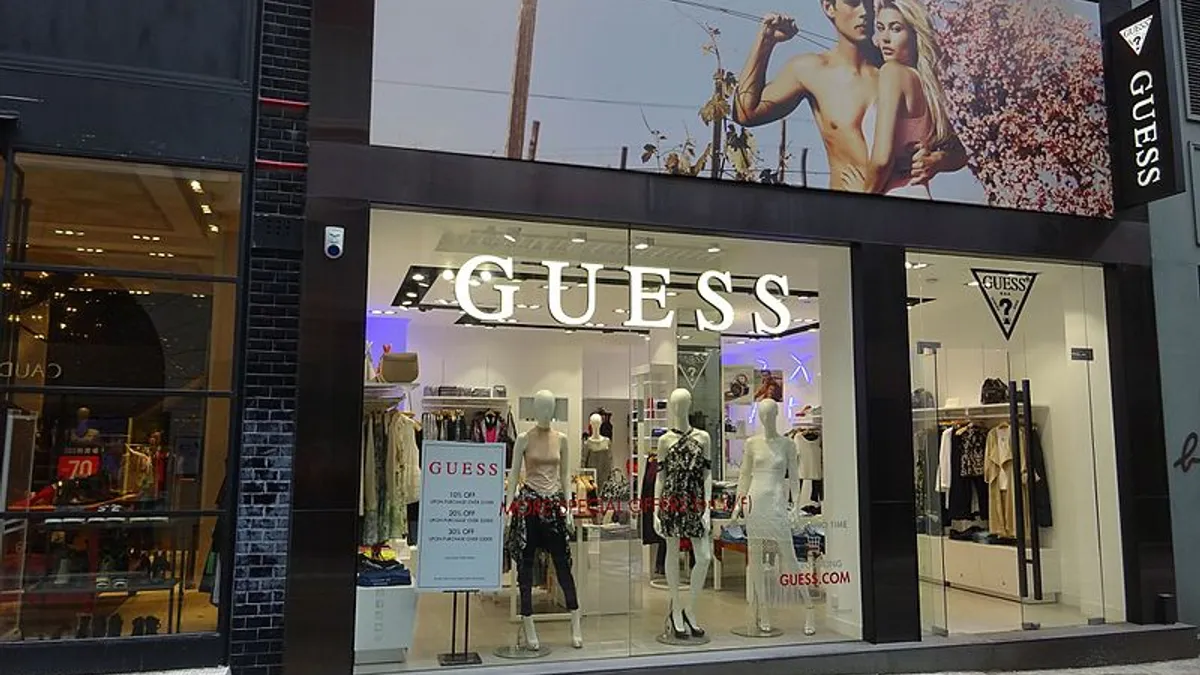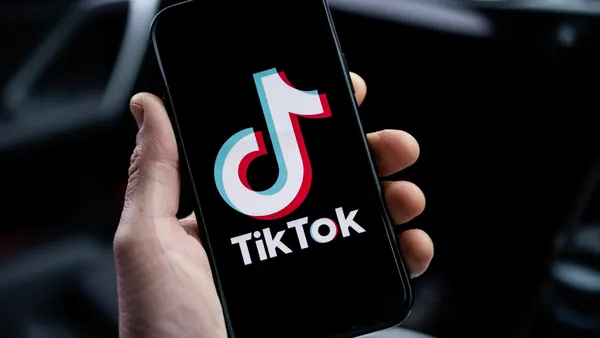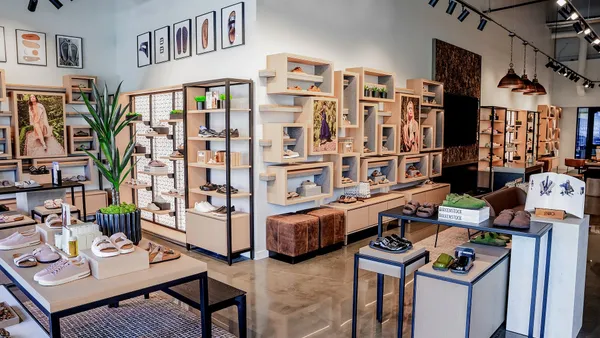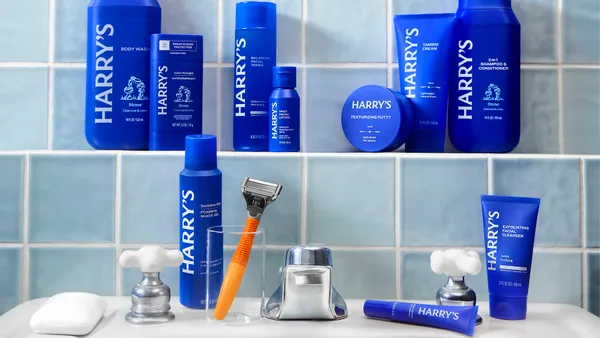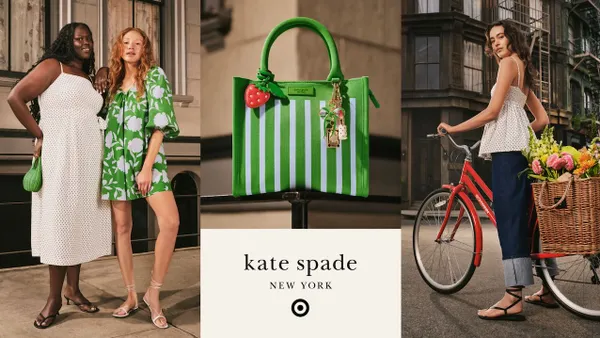Dive Brief:
-
Shares of Guess Inc. plunged 17% on Thursday after model and actress Kate Upton, who has worked for the brand, accused co-founder Paul Marciano of sexual harassment via Twitter.
-
That same day, the company hosted a coming-out party for music and film star Jennifer Lopez, who was tapped in November to rep the brand's GUESS Spring 2018 collection. Guess didn't immediately return Retail Dive's request for comment, though Marciano denied the claim later that day, telling TMZ that Upton should air her concerns in court.
-
Jennifer Lopez did respond to Retail Dive, saying in an email: “My position on these issues is well known, as I have been very vocal about them. I do not condone any acts of sexual harassment, violation, or misconduct. Any accusations should be fully and thoroughly investigated. I will continue to support our rights as women."
Dive Insight:
The #MeToo movement is on retail's doorstep, and several companies have reacted in various ways as sexual harassment claims have surfaced about executives, founders and representatives of their brands. Upton in her tweet suggested that an apparel company so focused on women should do better.
It's disappointing that such an iconic women's brand @GUESS is still empowering Paul Marciano as their creative director #metoo
— Kate Upton (@KateUpton) January 31, 2018
In early December, J.C. Penney discontinued sales of Def Jam Recordings co-founder Russell Simmons's apparel label, Argyleculture, after a second sexual misconduct charge emerged. Later that month, Walmart, Target and Eataly — Mario Batali's retail and restaurant business — cut ties with the chef after his admission of sexual misconduct.
Meanwhile, Signet Jewelers' three retail banners — Jared, Kay and Zales — appear to be losing female customers in light of sexual harassment and discrimination issues at the company, according to a brand assessment study from YouGov BrandIndex last year. Women's perception of the brand and their "purchase consideration" levels are both down, according to a measurement of potential sales revenue.
Such scandals can be toxic for brands, as we saw last fall when Donna Karan, a friend of Harvey Weinstein, (whose alleged behavior has amplified the #MeToo movement since it surfaced last year), faced calls for boycotts of her fashion brand DKNY after she made comments that seemed to fault Weinstein's victims. Attitudes around Karan's brand turned negative immediately following those comments.
According to Brandwatch, a social intelligence and consumer analytics agency, the percent-increase in online mentions of Karan increased by more than 37,000% from Oct. 8 to 10, and mentions of DKNY increased by more than 3,100%. Analysis of those mentions was largely unfavorable, with 66.5% of categorized mentions of Karan skewing negative. According to Brandwatch, Karan's defense of Weinstein was the cause, and the #BoycottDKNY hashtag accumulated more than 4.4 million impressions that week, making the hashtag among the most used in those conversations at the time.



